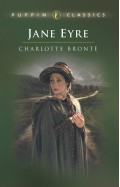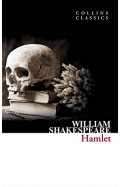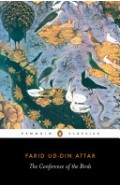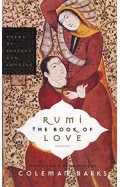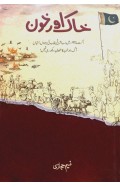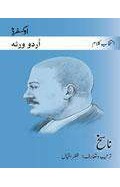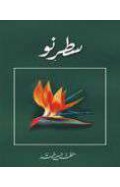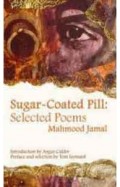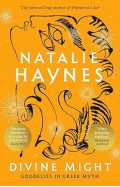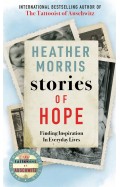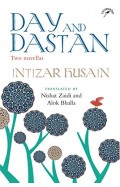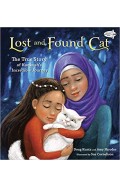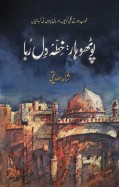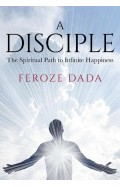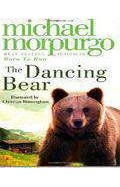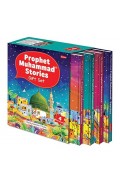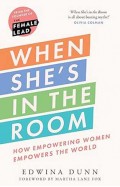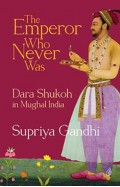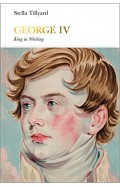The Bees -
By: Carol Duffy
-
Rs 2,846.25
- Rs 3,795.00
- 25%
You save Rs 948.75.
Due to constant currency fluctuation, prices are subject to change with or without notice.
| Book | |
| What's in the Box? | 1 x The Bees - |
Zubin Mehta: A Musical Journey (An Authorized Biography)
By: VOID - Bakhtiar K. Dadabhoy
Rs 892.50 Rs 1,050.00 Ex Tax :Rs 892.50
Jane Eyre (The Penguin English Library)
By: Charlotte Bronte
Rs 2,065.50 Rs 2,295.00 Ex Tax :Rs 2,065.50
Rumi The Book Of Love Poems Of Ecstasy And Longing
By: Coleman Barks
Rs 3,055.50 Rs 3,395.00 Ex Tax :Rs 3,055.50
Jane Eyre (The Penguin English Library)
By: Charlotte Bronte
Rs 2,065.50 Rs 2,295.00 Ex Tax :Rs 2,065.50
Divine Might - Goddesses in Greek Myth
By: Natalie Haynes
Rs 2,335.50 Rs 2,595.00 Ex Tax :Rs 2,335.50
World of Reading Disney Junior: Let's Read Together!
By: Disney Books
Rs 1,975.50 Rs 2,195.00 Ex Tax :Rs 1,975.50
Stories of Hope Finding Inspiration in Everyday Lives
By: Heather Morris
Rs 2,290.75 Rs 2,695.00 Ex Tax :Rs 2,290.75
Fly Away The Sequel to Netflix Hit Firefly Lane
By: Kristin Hannah
Rs 2,245.50 Rs 2,495.00 Ex Tax :Rs 2,245.50
Al Quran Al Kareem 108 13 Lines Local
By: Darussalam Research Divison
Rs 2,156.00 Rs 2,695.00 Ex Tax :Rs 2,156.00
Lost and Found Cat: The True Story of Kunkush's Incredible Journey
By: Doug Kuntz & Amy Shrodes
Rs 1,615.50 Rs 1,795.00 Ex Tax :Rs 1,615.50
A Disciple: The Spiritual Path to Infinite Happiness
By: Feroze Dada
Rs 3,047.50 Rs 6,095.00 Ex Tax :Rs 3,047.50
PROPHET MUHAMMAD STORIES GIFT BOX (FOUR HARDBOUND BOOKS IN A SLIPCASE)
By: Saniyasnain Khan
Rs 9,895.50 Rs 10,995.00 Ex Tax :Rs 9,895.50
When She's in the Room - How Empowering Women Empowers the World
By: Edwina Dunn
Rs 3,955.50 Rs 4,395.00 Ex Tax :Rs 3,955.50
The Emperor Who Never Was: Dara Shukoh In Mughal India
By: Supriya Gandhi
Rs 1,439.10 Rs 1,599.00 Ex Tax :Rs 1,439.10
Donald Trump: The Making of a World View - Paperback
By: Brendan Simms
Rs 845.75 Rs 995.00 Ex Tax :Rs 845.75
Unholy Kingdom - Religion, Corruption and Violence in Saudi Arabia
By: Malise Ruthven
Rs 7,795.00 Ex Tax :Rs 7,795.00
Zubin Mehta: A Musical Journey (An Authorized Biography)
By: VOID - Bakhtiar K. Dadabhoy
Rs 892.50 Rs 1,050.00 Ex Tax :Rs 892.50
Jane Eyre (The Penguin English Library)
By: Charlotte Bronte
Rs 2,065.50 Rs 2,295.00 Ex Tax :Rs 2,065.50












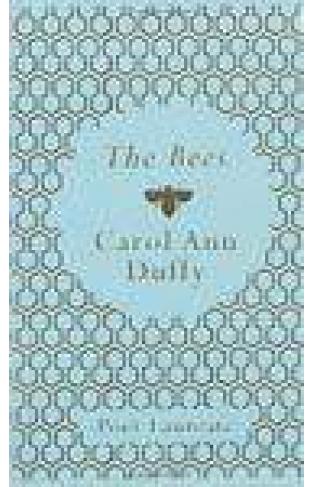
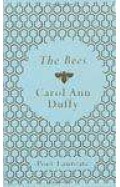
-120x187.jpg?q6)






